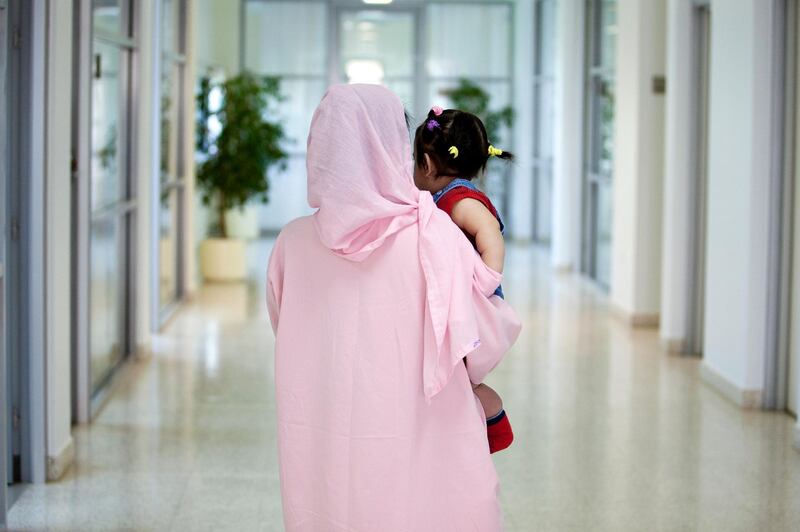Widows, divorcees, children and students are set to benefit from a host of new changes to residency visa laws from this Sunday.
The range of measures were initially announced in June and represent a significant relaxation of existing statute.
Under the ruling, widows and divorcees will no longer find themselves trapped in legal limbo in the event of the death of, or separation from, their husbands.
Visas of students sponsored by their parents, who have completed university or high school, or who are aged 18 or above, will also be given residency for a year, renewable for a further 12 months.
On Wednesday, Brigadier Saeed Rakan Al Rashidi, Acting Director-General of the Foreigners Affairs and Ports Department of the ICA, cautioned that the new visas rules would be subject to conditions such as widows or divorcees being able to financially support themselves.
In respect of widows, divorcees and children, he said individuals must have their “residency visas sponsored by the deceased or former husband at the time of death or divorce”.
Remarking on the changes for divorcees and widows, Brigadier Al Rashidi said women would have to prove to officials that they had a level of financial independence.
Previously, divorced and widowed women who did not have an employment visa would have to leave the country soon after their divorce or the death of their husband.
Shared bank accounts are frozen in the event of a husband's death, often leaving women who do not have an account of their own without money until legal proceedings regarding their husband's will are complete.
“The woman has to prove that she has been divorced or widowed and that she has a residence and has the ability to support the family financially,” he said.
And in reference to students, the ICA said a charge of Dh100 would be made for each year the residency was requested, and that a “high school or graduation certificate” would be needed to complete the application.
“The student will be given a residency visa for one year which is renewable for an additional year, starting from the date of their graduation, or the high school certificate or on reaching 18 years of age,” a statement from the ICA said. The move will allow students the opportunity to find jobs in the Emirates.
_______________
Read more:
More visa changes: Widows and divorcees living in UAE to get one-year residency extension
Citizens of war-torn countries living in UAE granted 'one-year asylum'
UAE Cabinet's visa announcements: what has changed?
UAE Cabinet approves new labour insurance system to replace bank guarantees for workers
_______________
The ICA also announced a relaxation in existing legislation for those visiting the country.
Authorities said new entry permits would be issued when existing permits expire without the need for individuals to leave the country.
In total, two 30-day extensions could be granted to visitors “regardless of the main duration of the original visa”, the ICA said.
A fee of Dh600 would apply to each extension, with the charge being waived for residents of GCC countries.
“This decision does not include entry permits for those residing in GCC countries and the companions of the citizens of GCC countries,” the ICA statement read.
“Those found violating or delaying in applying under the new rules will be granted a grace period of 10 days from the expiry of their entry permit or the visa, after which they will be penalised Dh100 per day.”






